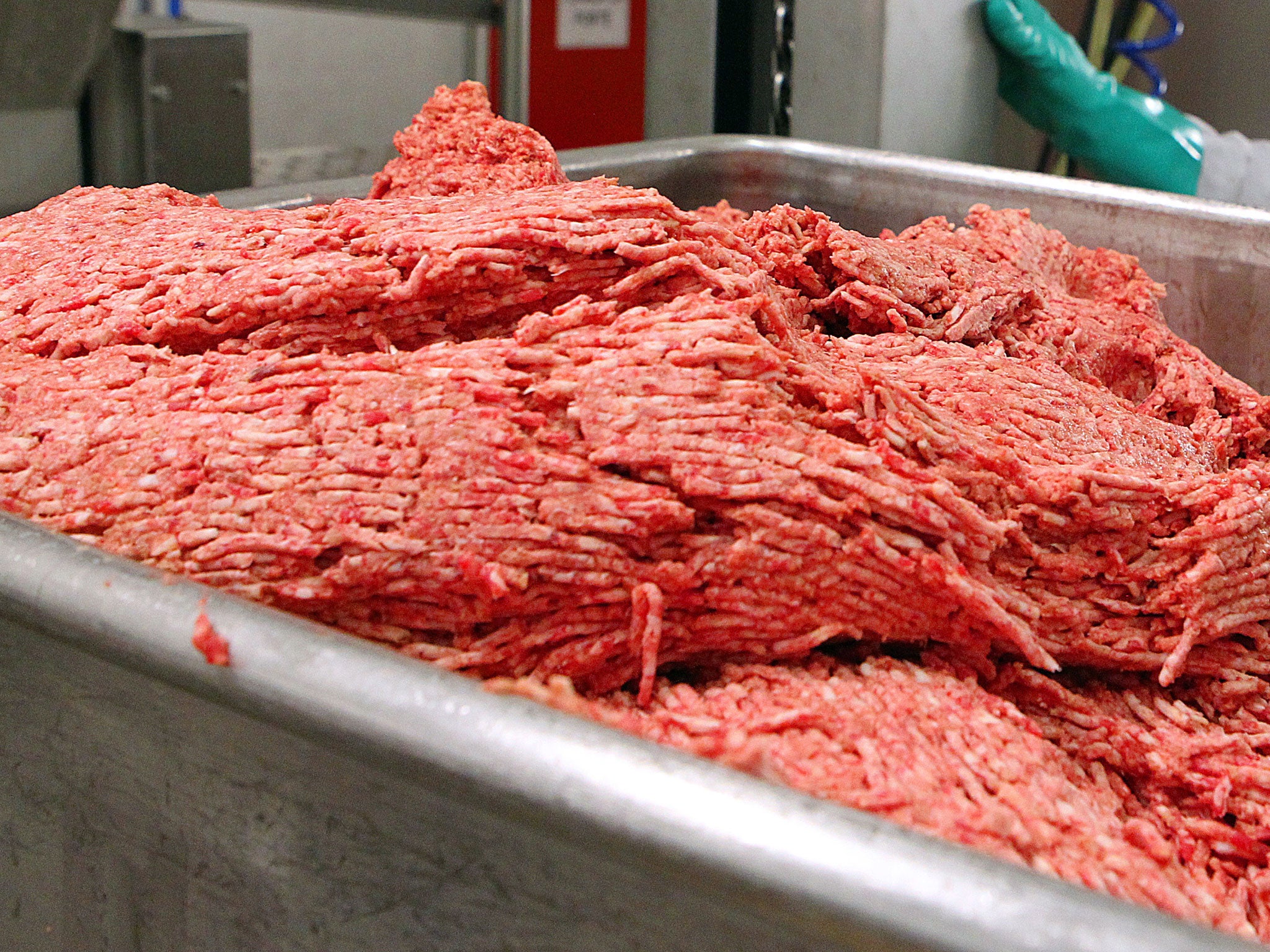2002 warning on diseased beef was not acted upon by FSA

Your support helps us to tell the story
From reproductive rights to climate change to Big Tech, The Independent is on the ground when the story is developing. Whether it's investigating the financials of Elon Musk's pro-Trump PAC or producing our latest documentary, 'The A Word', which shines a light on the American women fighting for reproductive rights, we know how important it is to parse out the facts from the messaging.
At such a critical moment in US history, we need reporters on the ground. Your donation allows us to keep sending journalists to speak to both sides of the story.
The Independent is trusted by Americans across the entire political spectrum. And unlike many other quality news outlets, we choose not to lock Americans out of our reporting and analysis with paywalls. We believe quality journalism should be available to everyone, paid for by those who can afford it.
Your support makes all the difference.The Food Standards Agency (FSA) was warned more than a decade ago that meat from cows showing symptoms of bovine tuberculosis (bTB) should be heat treated to safeguard consumers from the risk of infection.
A report by the Advisory Committee on the Microbiological Safety of Food (ACMFS) published in 2002 – which was funded by the FSA but never acted upon – warned of the potential risks of eating undercooked or raw meat taken from animals with M.bovis – the bacterium that causes the condition.
Evidence of long-standing concerns over the possible health impact of diseased meat emerged after it was confirmed that cattle slaughtered after testing positive for bTB are being sold for human consumption without any labelling to suggest it came from suspect herds.
Around 28,000 diseased animals enter the food chain although their use is banned by most supermarkets and burger chains. However, the meat is being sold to caterers and food processors. Experts agree that the risk of human infection remains very low with between 20-30 confirmed cases of the bovine strain of TB in humans in the UK each year – none of which have been linked to eating infected meat. But there have been warnings that the disease could spill over to other species and even humans
In its 2002 report the ACMSF states: “M.bovis infected meat can lead to the infection of people who consume the meat, especially if it is eaten raw or undercooked.”
The expert committee advised the FSA that meat from cows that have had bTB should be heat treated. M.bovis is destroyed when cooked to above 60C. However, this proposal was not implemented by the FSA following advice from the European Food Standards Agency.
A spokeswoman for the food ministry Defra said: “All meat from cattle slaughtered due to bovine TB must undergo rigorous food safety checks before it can be passed fit for consumption.”
Join our commenting forum
Join thought-provoking conversations, follow other Independent readers and see their replies
Comments